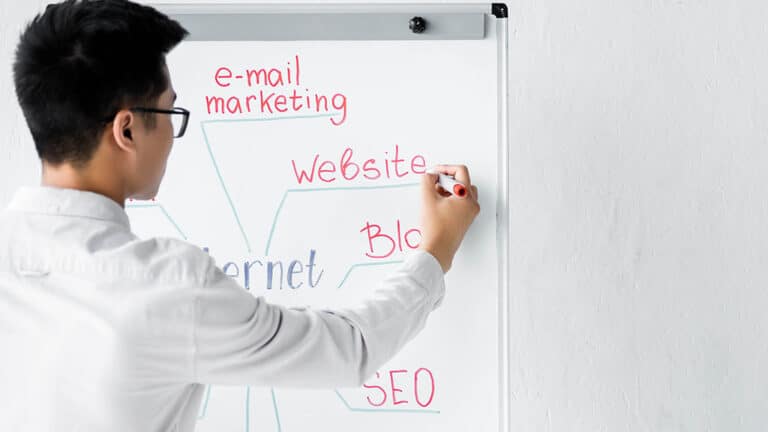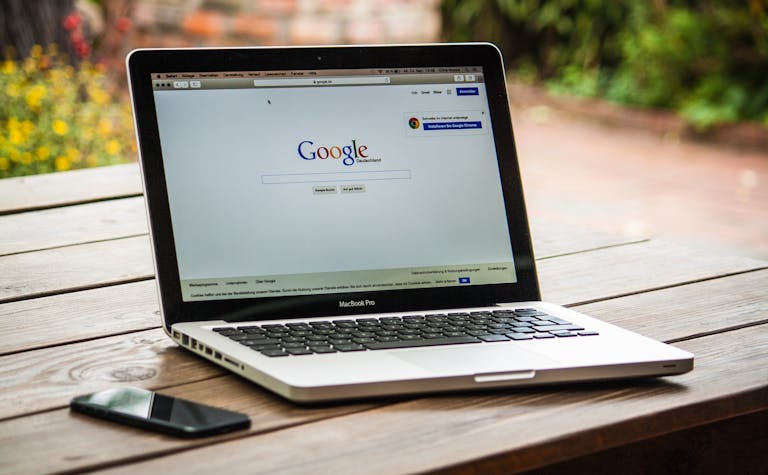How Often Should You Send Out Emails?
Marketers are constantly teetering between too much and too little. When embarking on an email marketing campaign, the frequency of your email delivery is a question that hovers over many marketers’ heads. It’s a struggle to strike the right balance; it’s tough to know when it’s “just enough”. Want to know the reason why? It’s because the answer is unclear, and the lines are blurry. Many business owners or marketers have probably read somewhere that “x number of times per week” is a good frequency for email delivery. Or they probably read a “golden rule” that they must adhere to, at all times, regardless of any unique situation.
The commonly touted wisdom is that too many emails will incite unsubscriptions, and that too little will not keep you relevant. The average recommendation is to be “somewhere in between”. One problem: Where is “somewhere in between”, and how do you find it? A lot of the advice you’ll find will either be too encompassing and one-size-fits-all, or it will be fuzzy and imprecise.
The question: How often should someone send marketing emails to their list? The answer: It depends.
Email frequency and how it relates to relevancy
Email frequency totally depends on context. There is no magical number that is set in stone. The amount of times that you send an email out will depend on your industry, the type of people you have in your list, the products that you’re selling, the power of your content, among other various factors. One specific number will not do you justice—the surrounding context and accumulated data should help guide you to make the decision. Some companies can get away with emailing their list every other day, while others can’t even do once per week. There can be multiple reasons for this.
It can depend on how engaged the user is.
It can depend on what type of list that user is on. For example, a person who’s never bought a product from you will be on a different list than someone who has. This is called “segmentation”.
It can depend on the authority of your brand.
It can depend on the type of content that you’re sending out. There’s a difference between brief promotional emails that highlight an offer and content-heavy emails that really try to go in-depth.
It can depend on how relevant your messages are.
That brings us to relevancy, and how important your messages are to the person who is receiving them. Mail Chimp did a study that found that frequency can negatively affect click rates. In a study conducted by Blue Hornet, 35.4% percent of people said the frequency was the primary reason for unsubscribing, while relevance was only 24.5%.
That doesn’t tell us the exact number of times we should be sending emails out. That’s because there is no real answer.
Your email frequency should depend on your data—open rates and click-through rates, number of unsubscriptions. If you’re performing poorly in those areas, then adjust the frequency of your emails to see if it will have any favorable effects. If the effect is little-to-none, then maybe your messages aren’t valuable or relevant enough.
Segmentation and personalization are important factors as well. You can get away with more volume if your messages are being targeted to right audience. Indicators like past behaviors and actions (like purchasing your product or bouncing from the checkout page), past email opens, age, gender and location will help to determine the frequency that you should be sending out emails. You should be sending different emails, at various frequency rates, to the assorted segments of your list. The machine-gun approach will negatively affect your conversion rates; what you need is a sniper’s precision.
The necessary frequency for sending out emails depends on your situation. You can look at other companies as guides, if you want to see how they do it. Ultimately, however, it will depend on your data and how well you understand it—that is the real solution to finding the right balance for your email delivery.

















